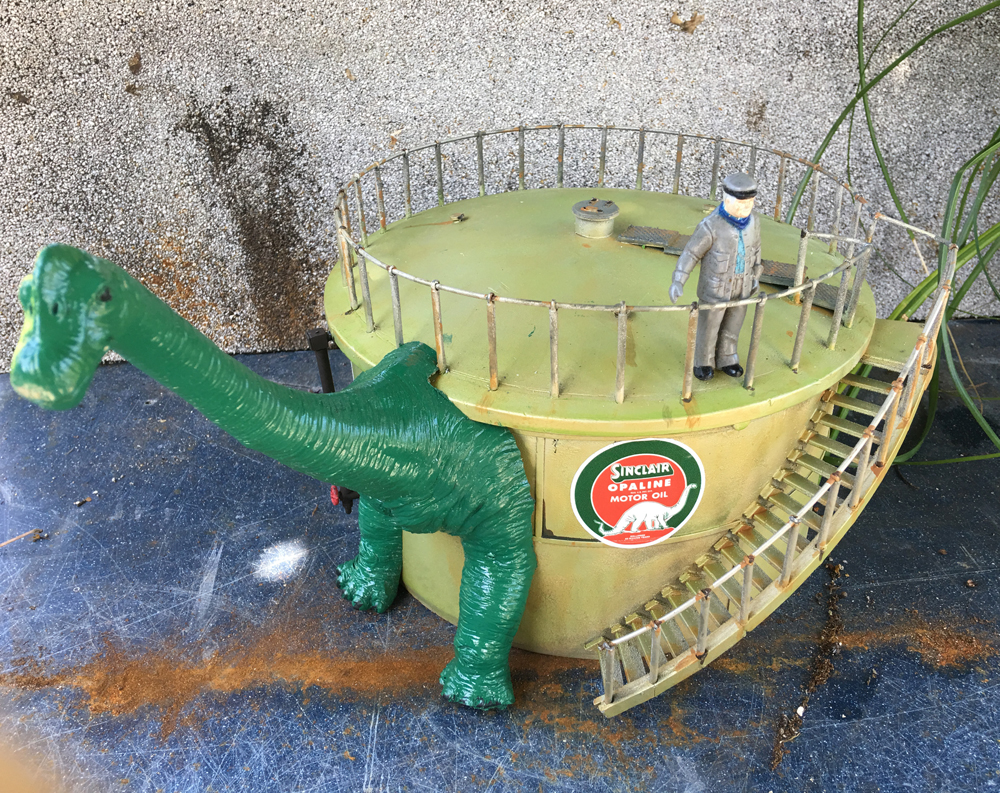
I always wanted to build a Sinclair gas station. As a kid, I remembered a Sinclair gas station in Pennsylvania with a large dinosaur statue on the front of the building. You had to walk through its legs to get inside. I wanted a similar style of structure for my garden railroad. I started with […]
Read More…
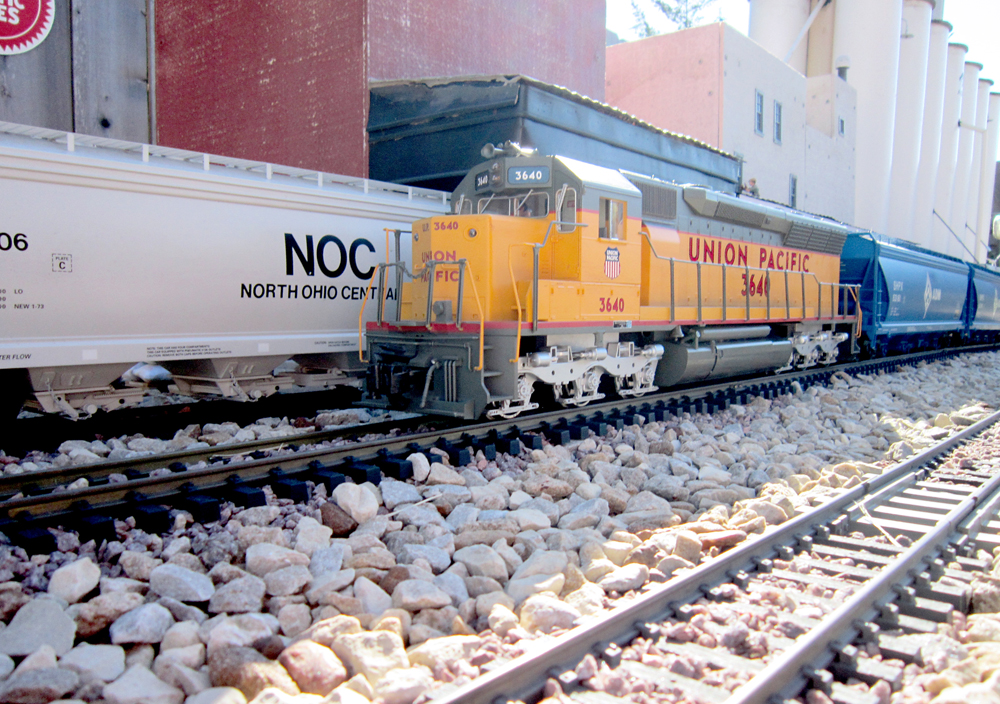
Industries in northern Ohio: The track and buildings are relatively level, but the walking area follows the contour of the ground. The entrance at the east is the highest, with the track and buildings being about one foot higher than the path. As you proceed to the west end, the path descends a little, so […]
Read More…
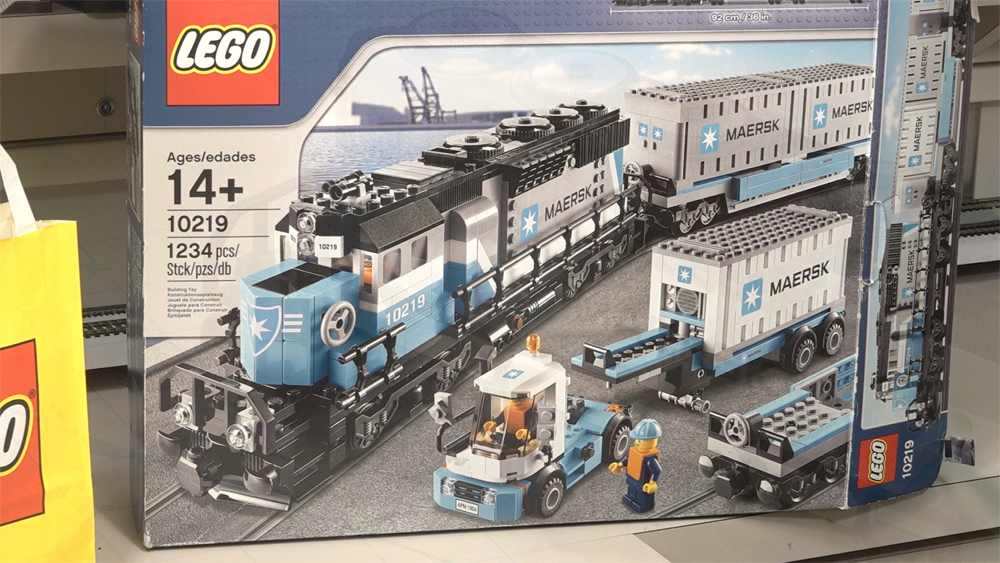
I love Lego, and I love trains. When I first saw the SoundTraxx Blunami decoder being demonstrated inside a Lego locomotive at Trainfest, I knew that I had to install my own decoder in a Lego locomotive. What you’ll need Obviously, you will need a locomotive. Trains.com producer Ben Lake donated his Lego Creator No. […]
Read More…
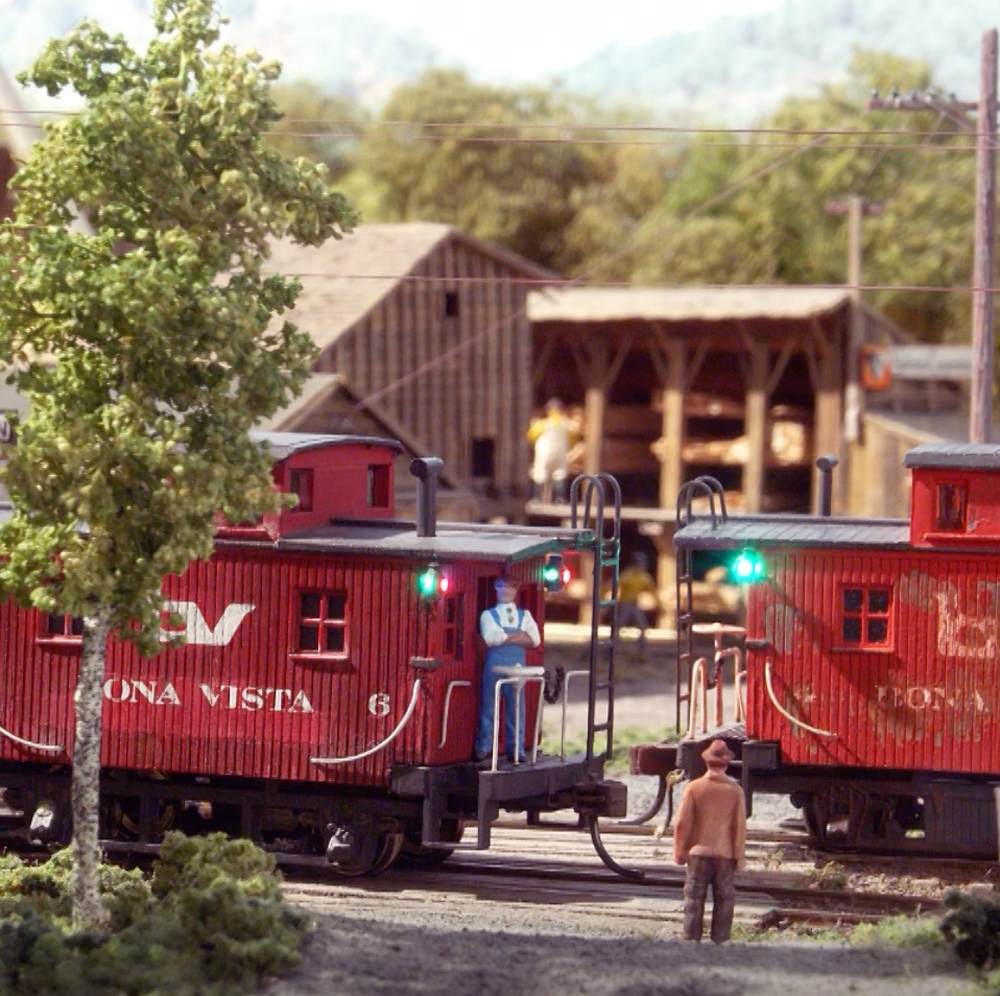
Model railroad layout photography tips: Taking great shots of your layout has never been easier. Digital single lens reflex cameras or even the camera in your cell phone take a lot of the guesswork out of photography, if you know what you’re doing. This article will focus on the basics of photography, so that you […]
Read More…
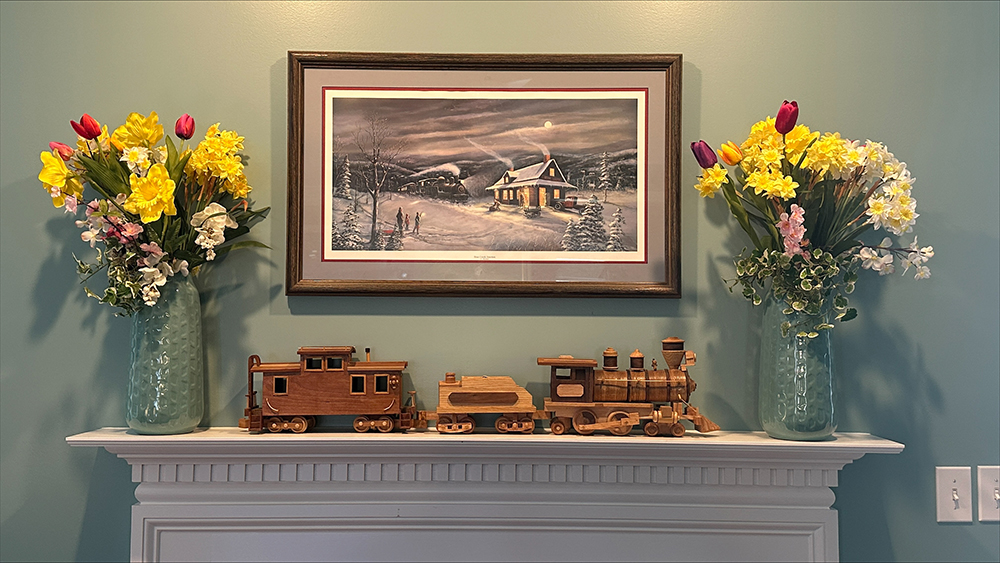
For many, particularly those with limited space, having model trains means that the trains will in some way intersect with everyday life. Obviously, if you live by yourself, this can look like whatever you want it to be. I’ve known single model railroaders who have taken train décor to the ultimate level, filling every available […]
Read More…
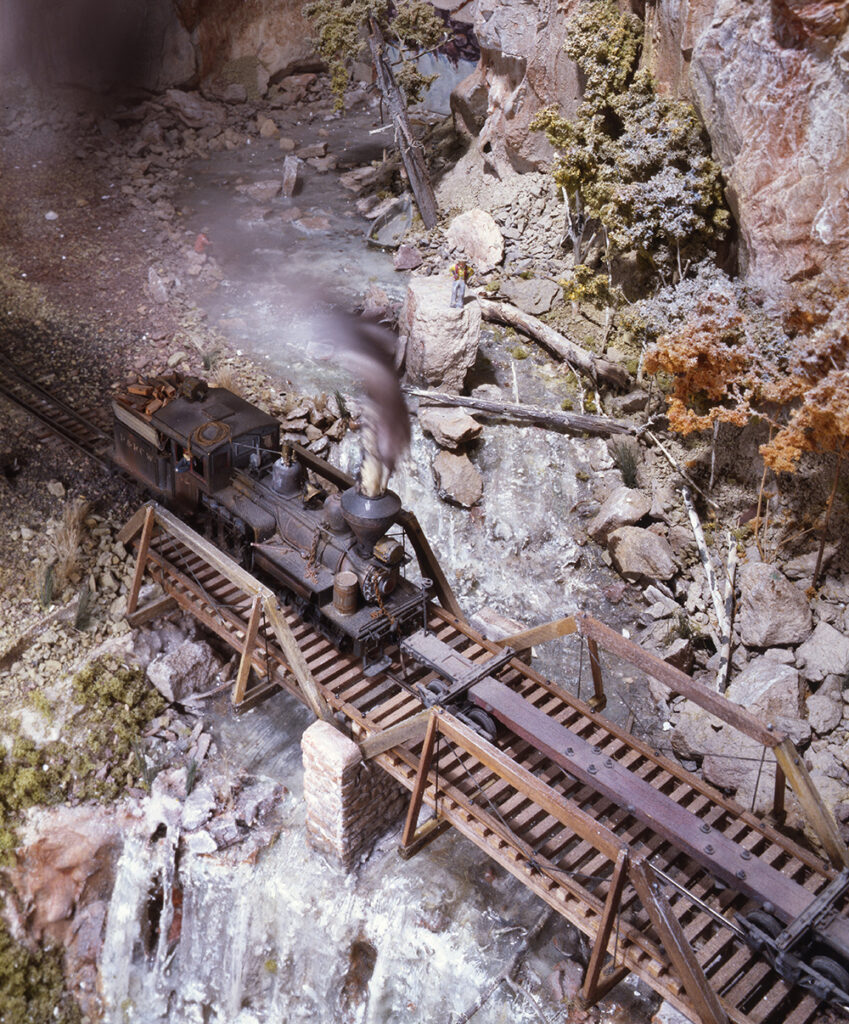
Malcolm Furlow’s waterfall modeling technique: Malcolm Furlow’s article presented here originally ran in the August 1980 issue of Model Railroader magazine. While many of the brands Malcolm used in the article are no longer available, most all the products have modern substitutes, allowing a modeler to still complete similar projects. As a case in point, […]
Read More…
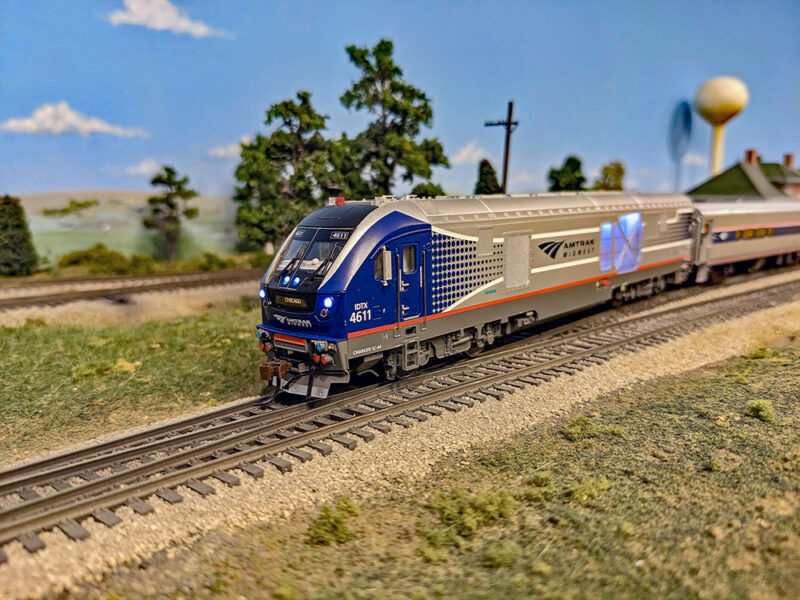
If you’re like me, you love riding Amtrak and modeling the trains you have ridden. But scale passenger equipment can get expensive, especially if you add lights and figures. The first two Amtrak cars that I got were Superliner coach and diner cars; I thought I needed to save up for a whole train. This […]
Read More…
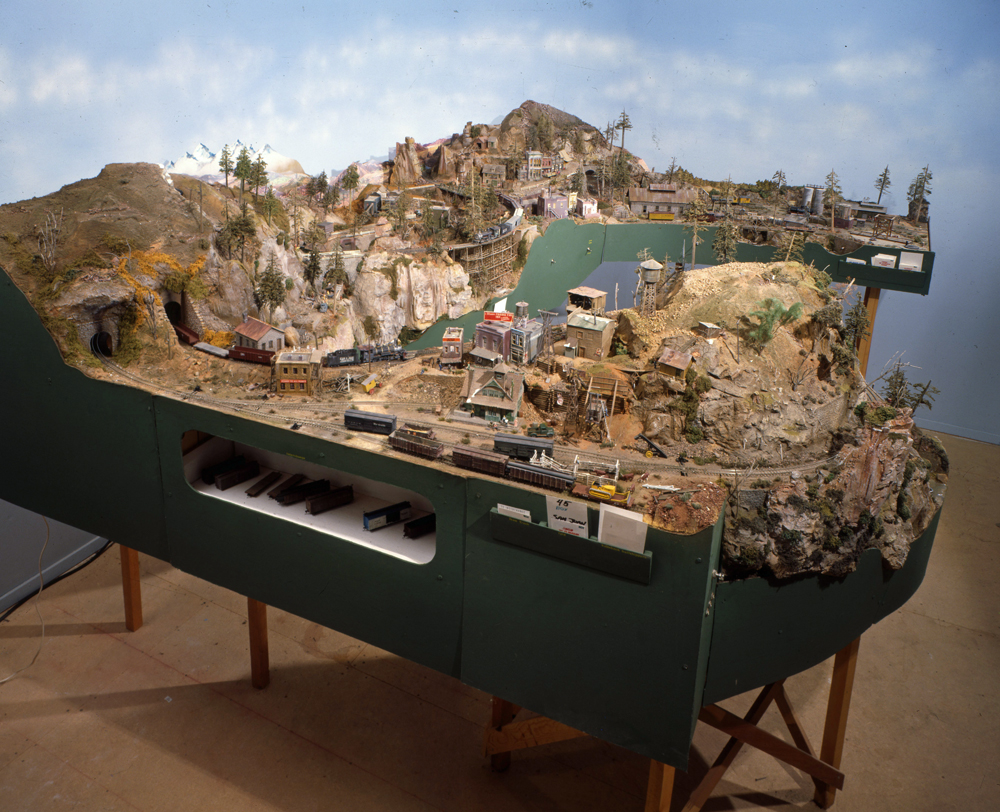
Malcolm Furlow photo tribute. Noted model railroader and artist Malcolm Furlow passed away in March 2023. You can read his obituary here. In this photo gallery, we’ll look at the variety of contributions he made to Model Railroader magazine and Kalmbach Publishing (now Kalmbach Media) during the 1980s. The staff at Model Railroader extends its […]
Read More…
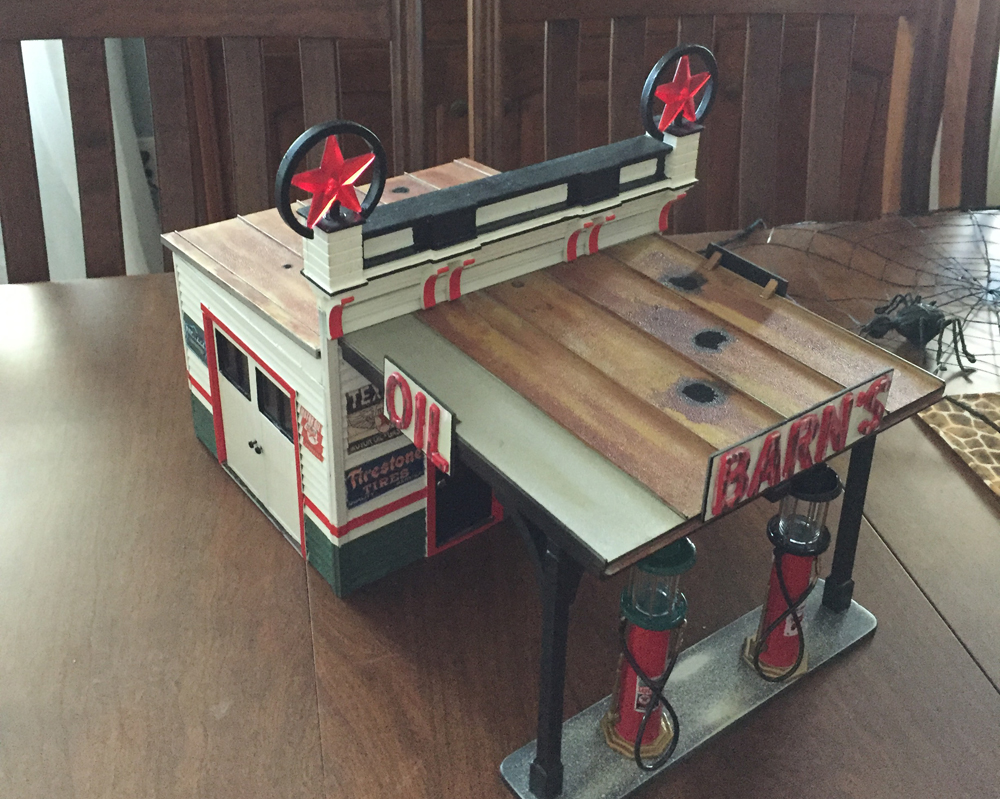
I had an idea to kitbash a Texaco gas station using pieces of a broken Wells Fargo Pola building. I wanted the station to look like something from my memories. I had a drawing of a similar station that I’d made back in the 1980s. My building looks similar to this drawing. First, I carefully cut […]
Read More…
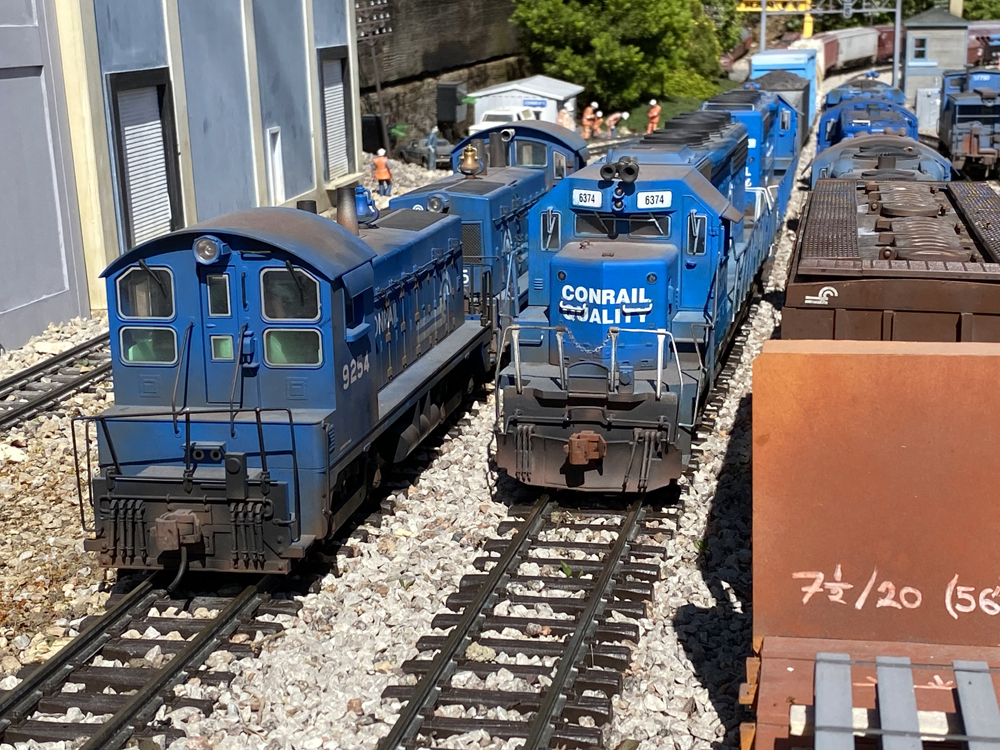
Modeling Conrail in the UK The genesis of the Bishopstown Sub is tale that involves a chance encounter and a leap of faith. In 2003 I found myself in Kuwait with the UK Military and one day I found myself in a USAF Headquarters. Walking through an office area I saw a screensaver image of […]
Read More…
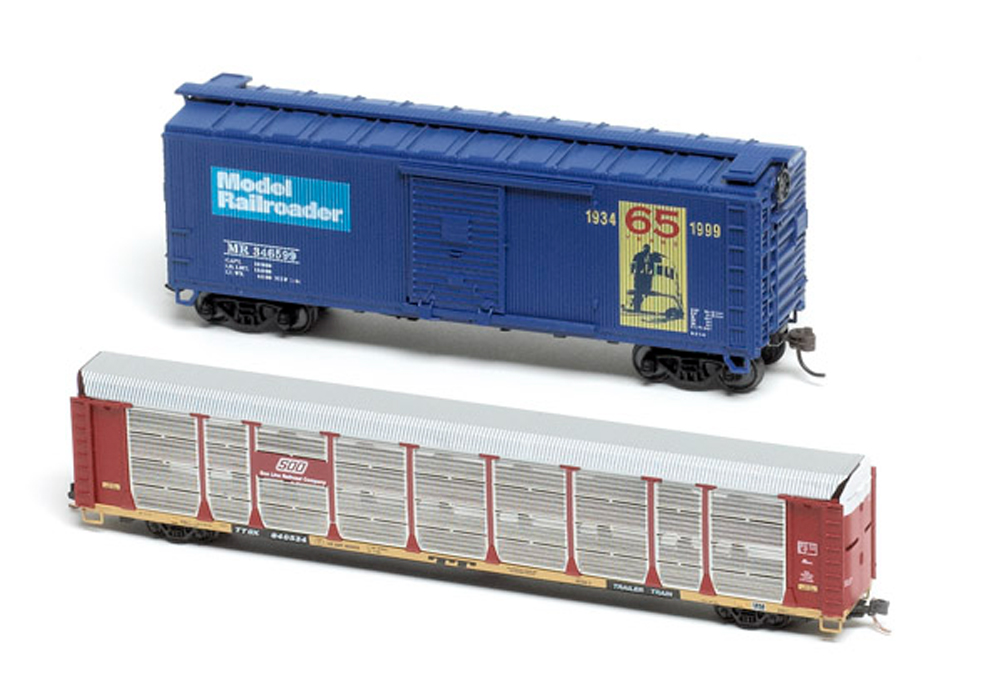
N scale trains on HO curves: In 1968 Aurora and Revell gambled that N scale train sets would be a big hit in the toy market. Aurora struck a deal with Minitrix, a German company, to produce its Postage Stamp line, and Revell turned to Rapido (also German) to manufacture its offerings. I have no […]
Read More…
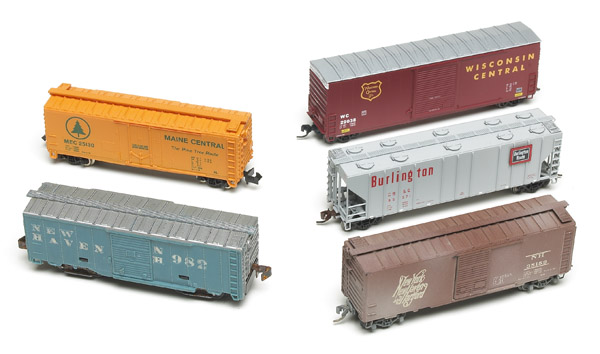
Better track, wheels, and couplers: Several years ago Atlas introduced its code 55 N scale track, and soon a great wail rose up from some in the N scale community. Beautiful as the track was, the wheels that came standard with Micro-Trains cars bumped against the track’s molded spike heads as the cars rolled along. The […]
Read More…












